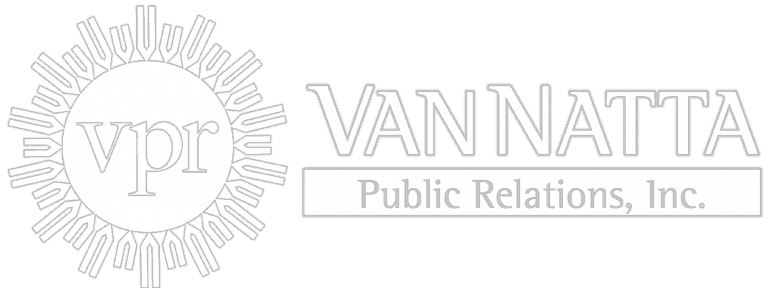By Mary Louise VanNatta, APR, CAE
I know, I know, you’ve probably heard all you can stand about COVID-19 or coronavirus. It’s all we’ve been talking about and thinking about. Our greatest concern is for those who are out of work. In the communications/public relations arena, we are helping clients craft difficult messages to their own employees and customers.
This definitely has been a learning opportunity for businesses. As we send employees home, how many of us discovered we didn’t know how to change the voicemail on our phone system or had no plan to safely provide equipment or secure files to staff?
Especially if you’re a business owner or manager, while we’re all sheltering in place, it might be a good time to consider the following:
Do you have a written crisis communication plan? You should.
Remember a crisis can be anything from a delayed shipment to a building fire. It doesn’t have to be incredibly long and convoluted. Your plan can be a couple of pages that are easily accessible to key personnel. It needs to have the following information:
- Who’s on the team, their roles, specialties (+ all their emergency contact information)
- Who notifies whom and in what order
- Contacts with local media
- Contacts with all your stakeholders
- Possible crisis scenarios.
Are you ready to communicate with your staff, customers, and clients?
It’s surprising how hard it is for some businesses to pull together a list of clients/customers/vendors or even sometimes the home contact information for their own staff. Take the time to put together a contact list and keep it updated so you can quickly send information via text or email. Remember the rule: Tell employees as soon as possible. Staff needs to hear from you first.
Do you have a method to quickly reach out to the public?
Preparing a strategic message is important. When you are in a hurry to get out a message, it can lead to mistakes, poorly written or ill-timed messages. This can just add to the problem. If you take too long to get a message out, someone else will do it for you (the media, a competitor) and you will lose your chance at owning your own story. You can pre-write communications for anticipated scenarios and take the time to do it well. If you need to get information out quickly on your website or social media, you can have an unpublished website page for just this purpose. Pro-tip: Make sure you know how to log in or who is an administrator on your social media pages.
Your business’ role in communicating in a crisis situation can calm people down and help them make good decisions, it also can be a matter of life or death. Make sure you are always part of the solution.
Mary Louise VanNatta, APR, CAE, is the CEO of VanNatta PR, a public relations, event planning, and consulting firm in Salem, Oregon. PRSalem.com



